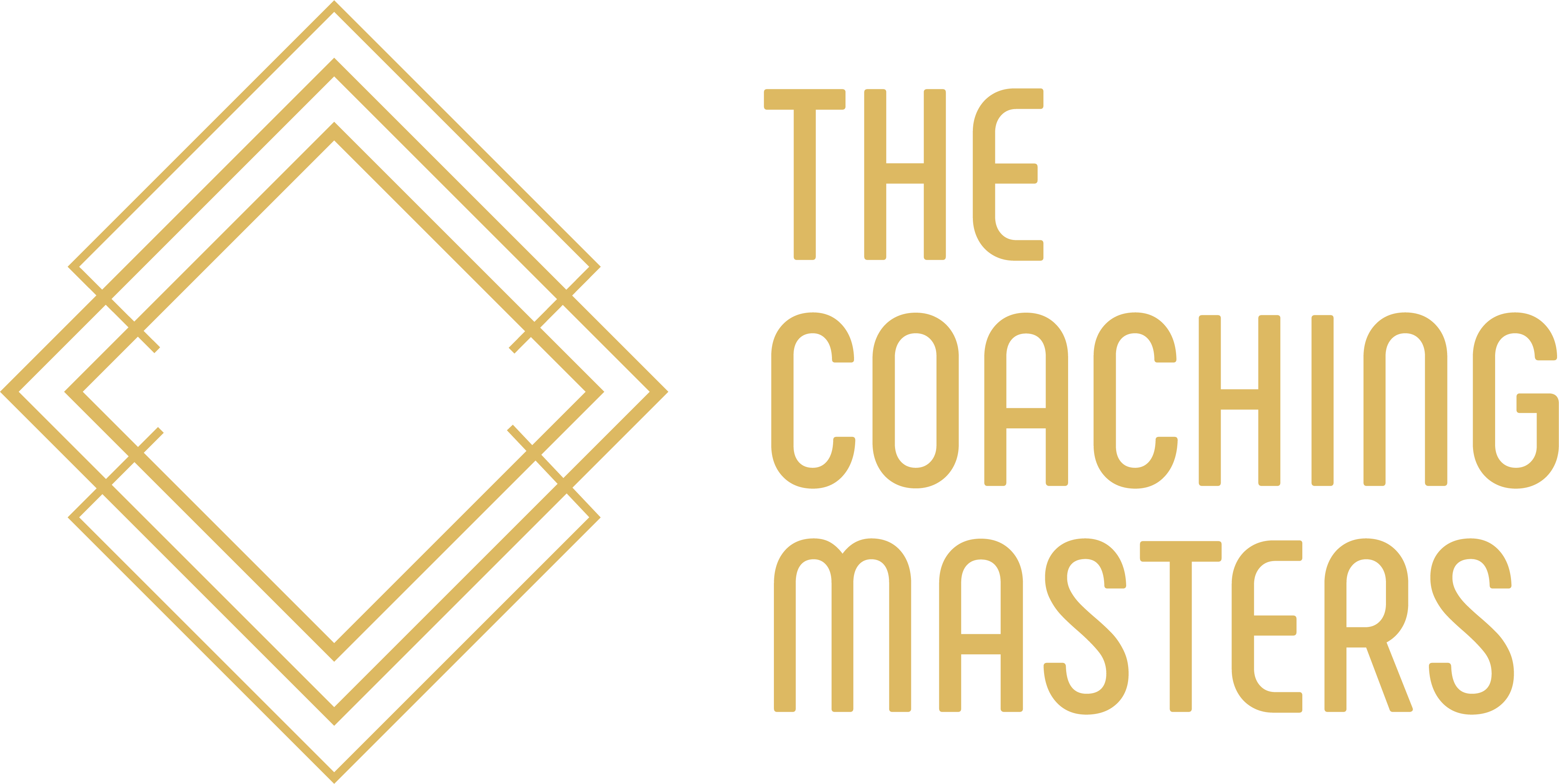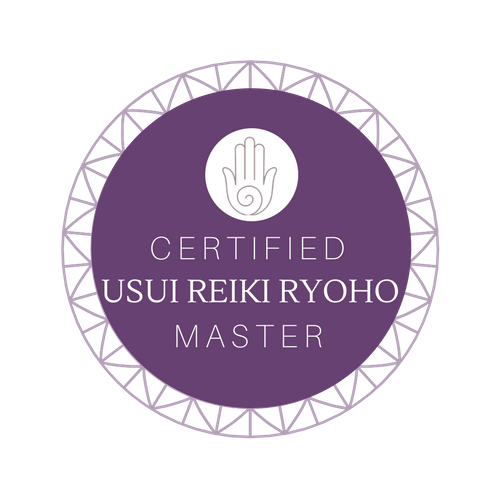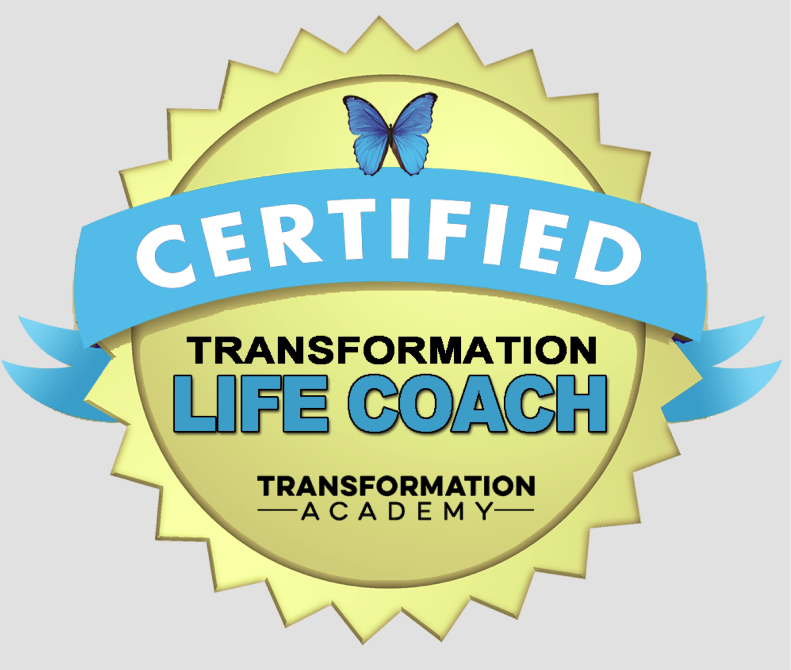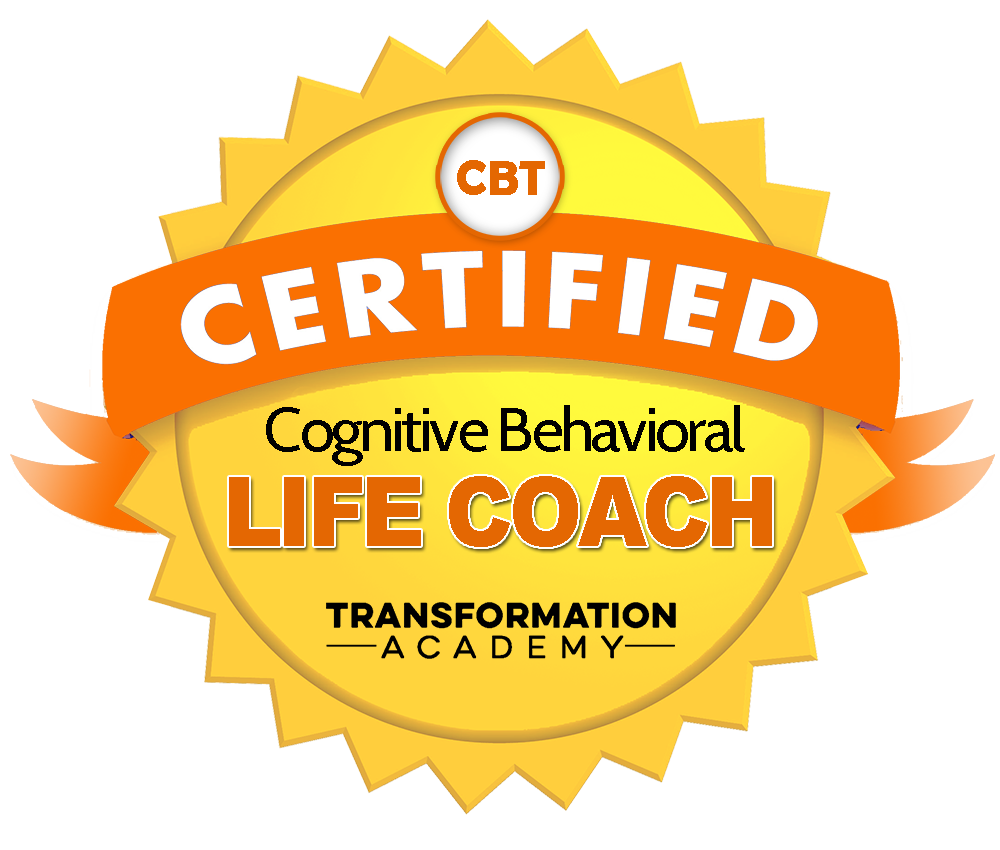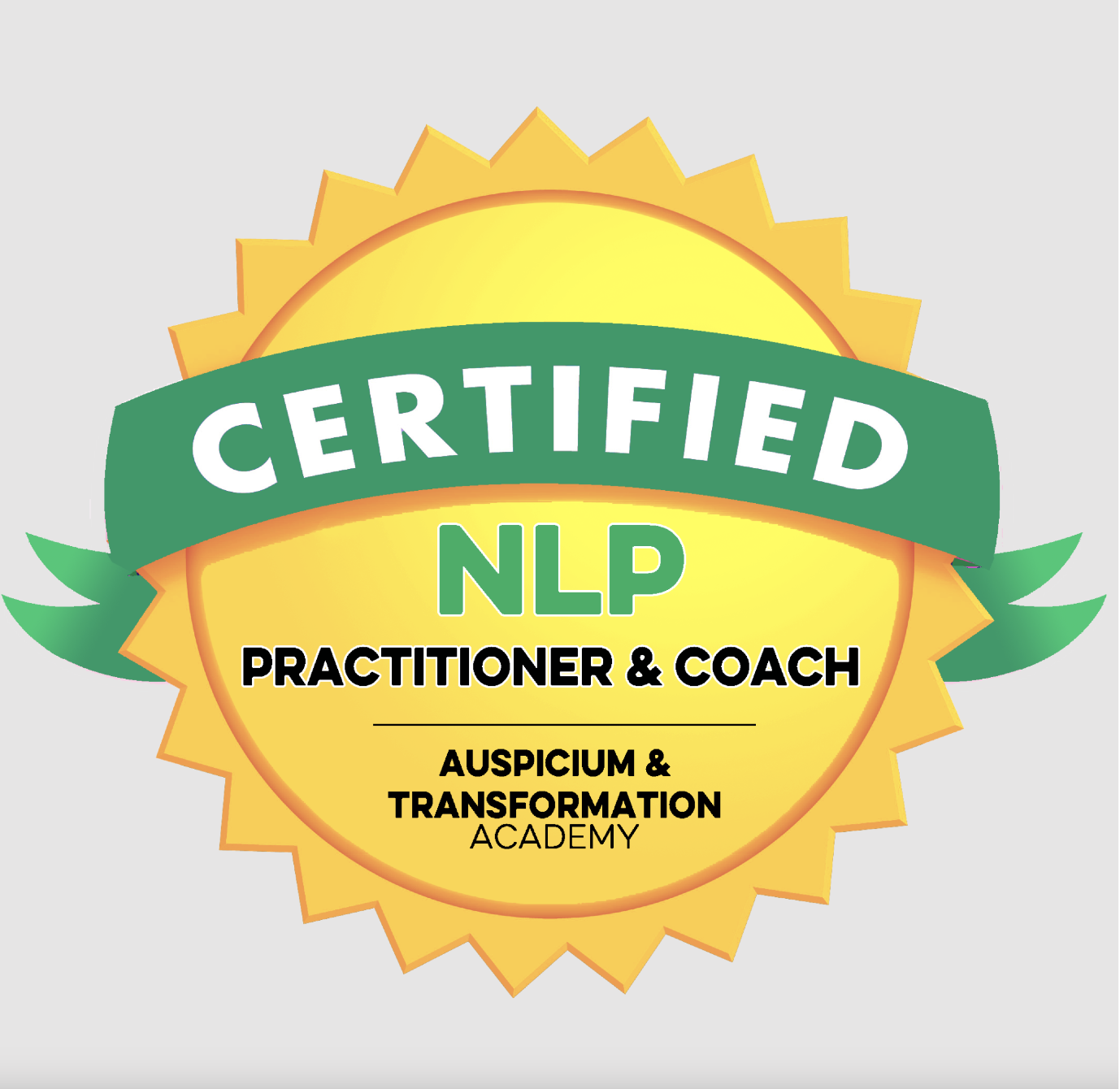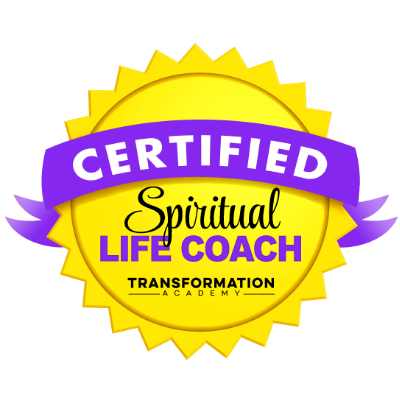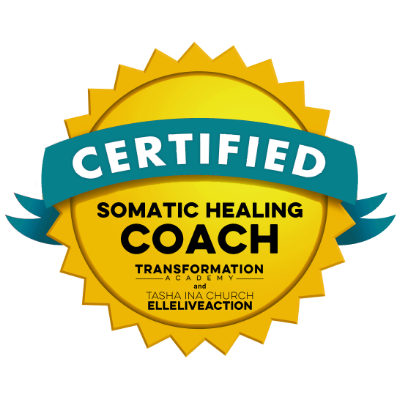What Is Social Anxiety?

Social anxiety disorder symptoms can vary. Some individuals may only suffer from a specific fear such as eating or drinking, speaking, or writing if others are around or watching. Some people have a fear of going to the bathroom in a public restroom. Other people are fearful in all social situations and are never comfortable.
The normal daily activities that most people take for granted are so horrifying and worrisome that they can be physically debilitating. This illness can cause people to miss work or school if they fear they will have to get up and be seen or noticed. Many persons with social phobia may have problems with relationships and can find it very difficult to meet and keep friends. Even when the person has friends they may not be able to enjoy going out with them or being with them in large crowds of other people who might be less known.

Five of the most common symptoms are:
- Blushing often in social situations.
- Profuse sweating when anxious.
- Trembling when approached or spoken to.
- Nausea as anxiety increases and possibly vomiting.
- Extreme difficulty talking.
This disorder affects approximately 5.3 million adults with men and women being affected equally. Social phobia usually starts to develop in childhood or the early teens. There is the belief that social anxiety disorder can also be hereditary so if a family member has it you are at a higher risk of developing it.
Because of the nature and the severity of the anxiety people with this disorder have a higher risk of self-medicating with drugs and alcohol to try to relax and calm down. This only leads to worse problems and possibly addiction. To treat this disease one needs to see a doctor and seek psychotherapy and/or medications.
What Is Social Anxiety Disorder?

Social anxiety disorder may be easily misdiagnosed or even be mistaken as a form of shyness. Having said that, many sufferers of social anxiety are not even aware that they are experiencing an anxiety disorder. Approximately seven percent of the population suffers from social anxiety. Recent years have shown progress in treating this type of disorder.
Social anxiety can be defined as the fear of social occasions and situations and the interaction with people due to feelings of negative evaluation, inadequacy, embarrassment, humiliation, and self-consciousness. This form of phobia provoked by social situations exceeds ordinary shyness when it ultimately leads to complete or excessive social avoidance and invariably causes substantial social impairment. People with this disorder are often the world's loners.
The physical symptoms of social anxiety disorder are associated with two or more of the signs that are caused by persistent fear or worry, negative feelings of embarrassment and humiliation such as restlessness, feelings of fatigue, trembling and sweaty palms, lack of focus, muscle tension, or sleep disturbance. There is a high possibility when you experience irritability, shortness of breath, and intense anxiety and worry that suggest that you are suffering from a social anxiety disorder. Social anxiety symptoms closely resemble ordinary shyness but they can be differentiated in terms of the intensity and extreme experience of anxiety and tension.
In the early stages of the disorder, it is critical to receive the appropriate medical intervention by drug-based medication non-drug-based methods, or a combination of both. Alternative medicines have also recently grown in popularity, of which therapy is often used widely for healing social anxiety. There are no clear guidelines on the best course of treatment. It may take several attempts and method or prescription changes to find the one that works for you.
Herbs That Help With Anxiety

Anxiety disorders are the most common of all mental health disorders. Fortunately, anxiety disorder is highly treatable, and with professional help, it can often be completely overcome. Many times, successful treatment depends only upon individual or group therapy and learned relaxation techniques. In some cases, however, anti-anxiety prescription medication is also recommended. Medications can carry a risk of alarming side effects and can be highly addictive, spurring many people to seek safer, more natural alternatives.
There are many natural herbs for anxiety, which have been proven to effectively ease many of the symptoms with a very low risk of side effects. Just as with prescription medications, everyone reacts differently to natural medications, and it can take time to find the right combination and dosage for your body.
Passionflower - an ingredient that is often used in natural medicine, alleviates hyperactivity, anxiety, insomnia, and nervous tension and is even sometimes used to treat Parkinson's Disease. Passionflower soothes and calms and can lower high blood pressure.
Lemon balm - a general restorative for the nervous system, can reduce blood pressure and also calm the digestive system.
Lavender - an excellent anxiety treatment and one of the best natural panic attack treatments. Lavender is a general tonic for the nervous system and a natural relaxant.
Valerian - a popular natural ingredient that can be used as a sedative and a painkiller. It is often effectively employed as a treatment for anxiety and insomnia, as well.
You may find that with psychotherapy, cognitive-behavioural therapy, relaxation exercises support groups, or some combination of all of them, you do not need any medication. But if you do decide to explore the option of medication, natural treatments for anxiety can provide you with safe, effective results, without the risk of side effects that prescription medications pose. Natural medications are becoming increasingly popular as awareness of them grows, and you might find that they are the right treatment for you as well.
N.B: Always consult your doctor before stopping or changing any medications.
Click the link below to book your free clarity call or free virtual coffee chat.
Grab a copy of our newletter by completing the form below, this will then be sent to your inbox every month.
My Affirmation For The Week
"Creativity is contagious. Pass it on."
